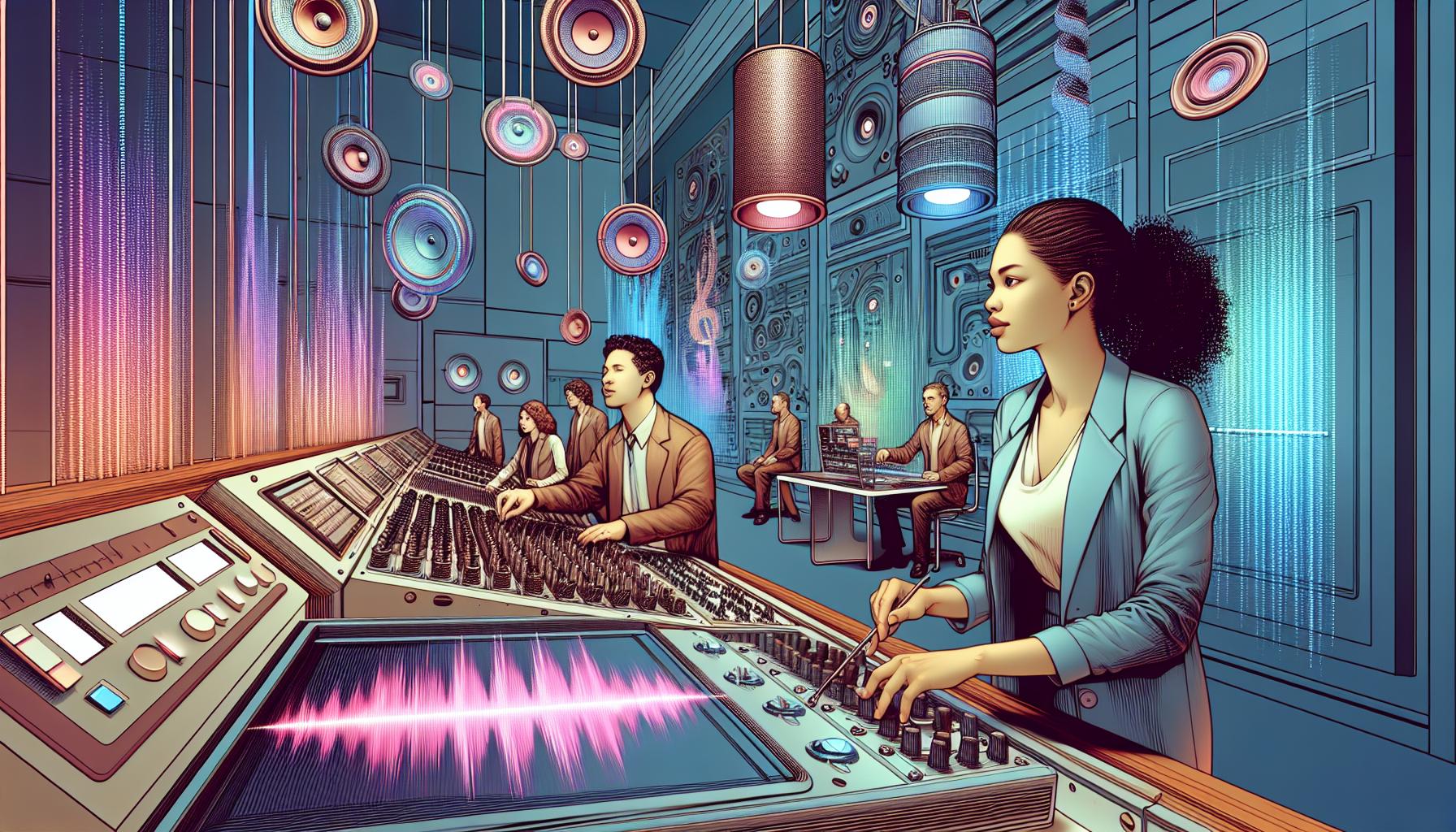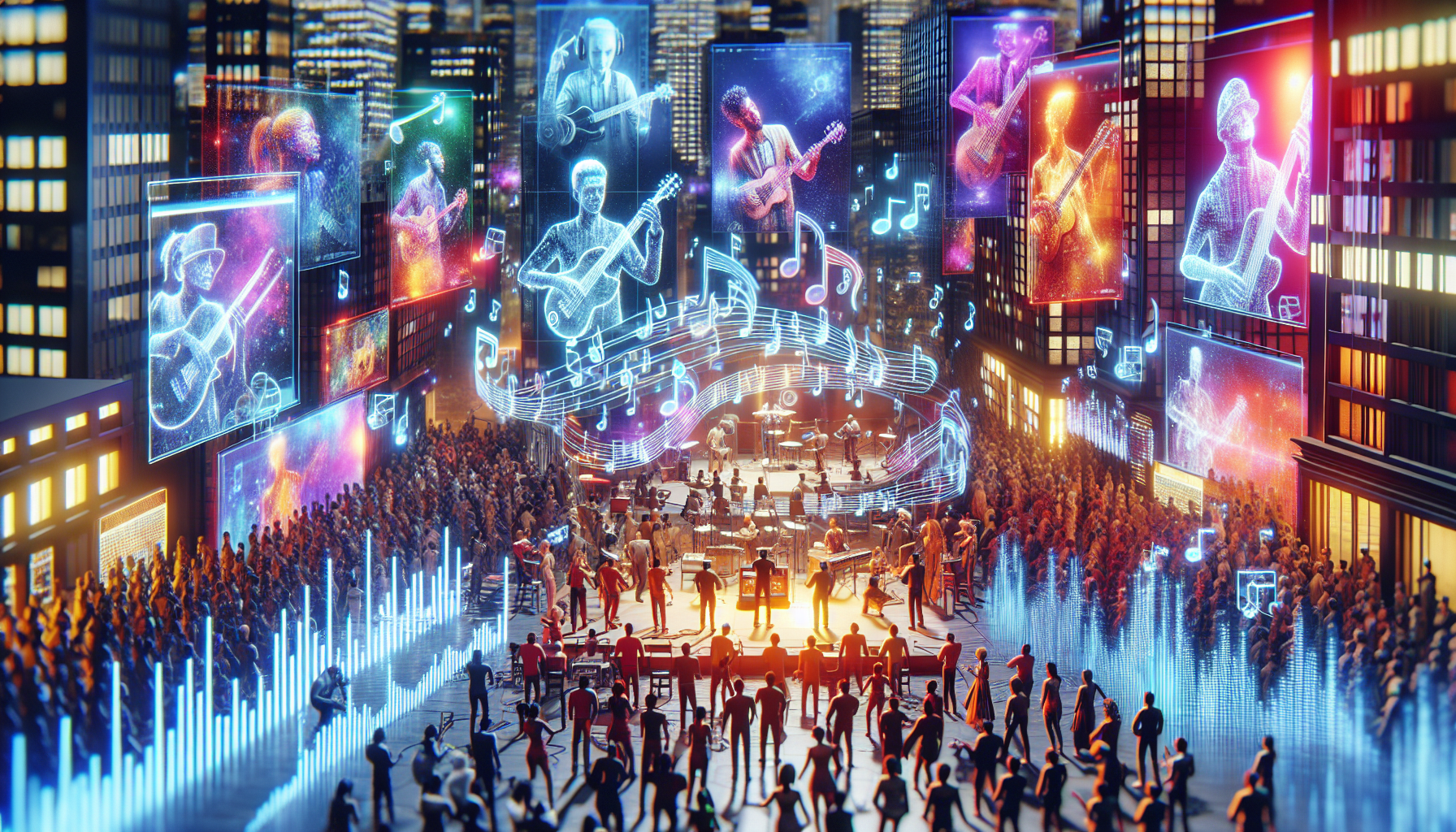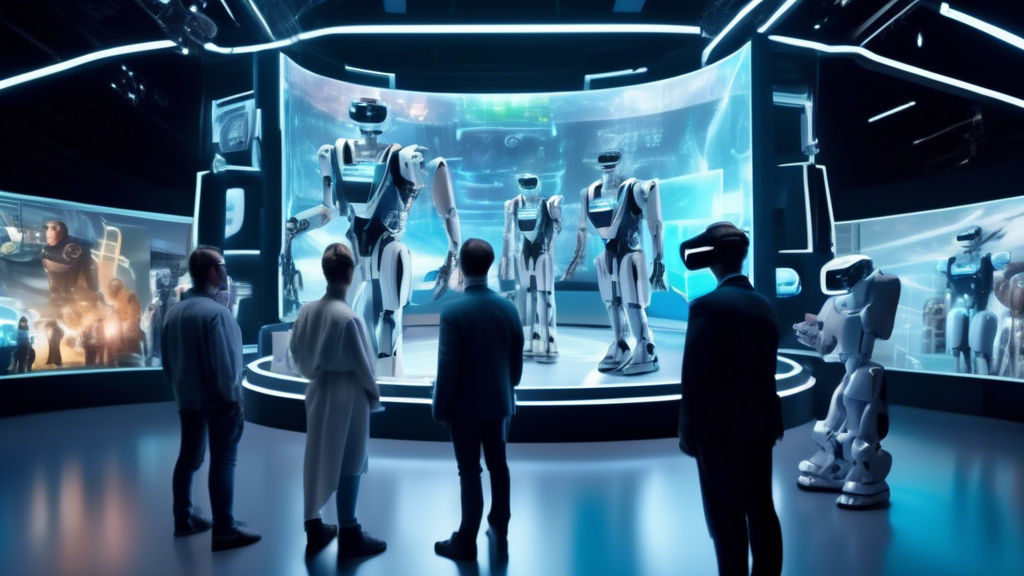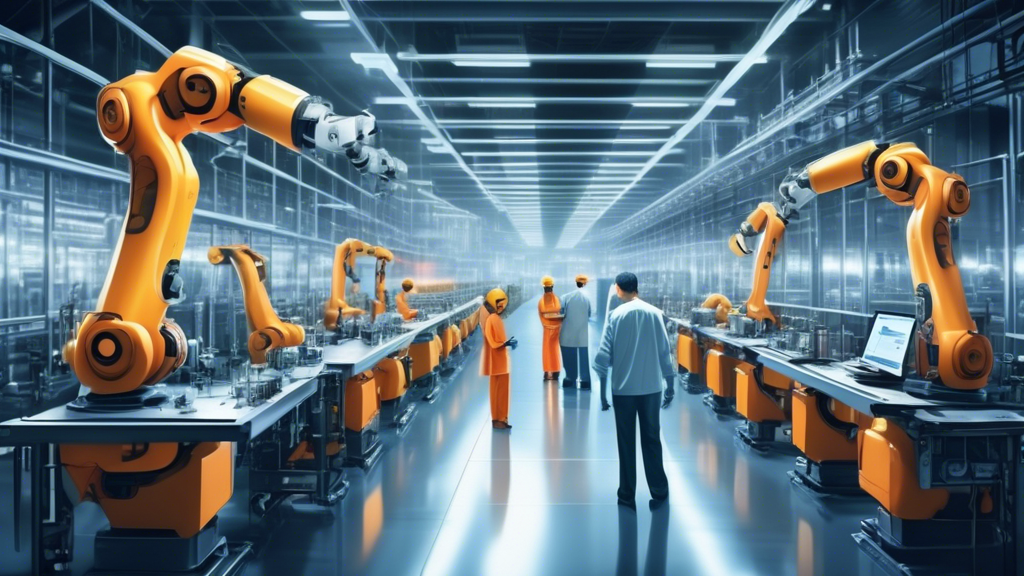Category: Insights
-

Sound Innovations: Transforming the Future of Audio Technology
The journey of sound innovations extends far beyond the confines of historical milestones and cutting-edge technologies. It is a continuous evolution marked by the relentless pursuit of better, more immersive auditory experiences. From the analog days to the dawn of digital audio, each breakthrough has sculpted the landscape of what we now take for granted…
-

Exploring the Future: Music Innovation in the Digital Age
“Explore the latest in AI-driven music tech, Hollywood transformations, and round-the-clock music industry news on X.”
-

The Future of Music: Navigating the AI Revolution and Industry Transformation
Welcome to the NEW Major Label AI Club: Were’ A Very Small Group, and You Ain’t In It! The music industry is undergoing a profound transformation driven by AI and shifting power dynamics. Traditional rightsholders must adapt to the new reality where platforms and AI-generated music play a dominant role. By embracing innovative technologies, leveraging…
-

Hollywood’s Subtle Adoption of AI
AI’s adoption in Hollywood is still in its early stages, but its impact is already being felt. As technology continues to advance, AI’s role in the film industry is likely to grow, offering new opportunities for creativity and efficiency. While challenges and ethical considerations remain, the potential benefits of AI in streamlining production, enhancing special…
-

AI’s Role in Hollywood Production and Virtual Advertising
Traditional product placement methods often require physical presence on set, adding complexities to the filming process. AI-powered software can now insert products into scenes during post-production seamlessly. This allows advertisers to customize product placements for different regions and audiences, enhancing ad relevance and effectiveness. For instance, a film shown in the United States may feature…
-

AI Will Not Reduce Production Expenses
The return on investment (ROI) for AI in production is not always straightforward to measure. While AI might enhance efficiency and output quality, quantifying these improvements in terms of cost savings can be complex. Many organizations find it challenging to isolate the direct financial impact of AI from other variables contributing to production costs. Hence,…
-

Virtual Humans and Robotics: Pioneering Synthetic Intelligence
Looking ahead, the integration of virtual humans and robotics with advancements in AI promises a future where synthetic intelligence becomes increasingly indistinguishable from human intelligence. Innovations such as emotion recognition, conversational AI, and adaptive learning algorithms will continue to refine the capabilities of these entities. As we navigate this exciting frontier, close collaboration between technologists,…
-

Key Points from the Elon Musk vs. OpenAI Lawsuit
These bullet points provide a comprehensive yet simplified understanding of the key issues in the Elon Musk vs. OpenAI lawsuit, focusing on the deviation from the original mission, commercialization, and ethical concerns surrounding AGI development
-

Diddy Says Sorry for Attacking Cassie Following the Emergence of 2016 Clip — However, the LA District Attorney’s Office Notes It’s Beyond the Statute of Limitations.
The DA’s announcement and Diddy’s apology have sparked a mixed response from the public and from advocates for victims of domestic violence. While some appreciate Diddy’s willingness to apologize and acknowledge his wrongdoing, others argue that an apology is not enough and that it does little to address the systemic issues of domestic violence, particularly…
-

Hollywood Convenes for AI in Cinema
The integration of AI in Hollywood is not without its challenges. Ethical considerations, such as the potential loss of jobs for traditional artists and technicians, are a major concern. Additionally, questions about intellectual property and authorship arise when AI-generated content is involved.
